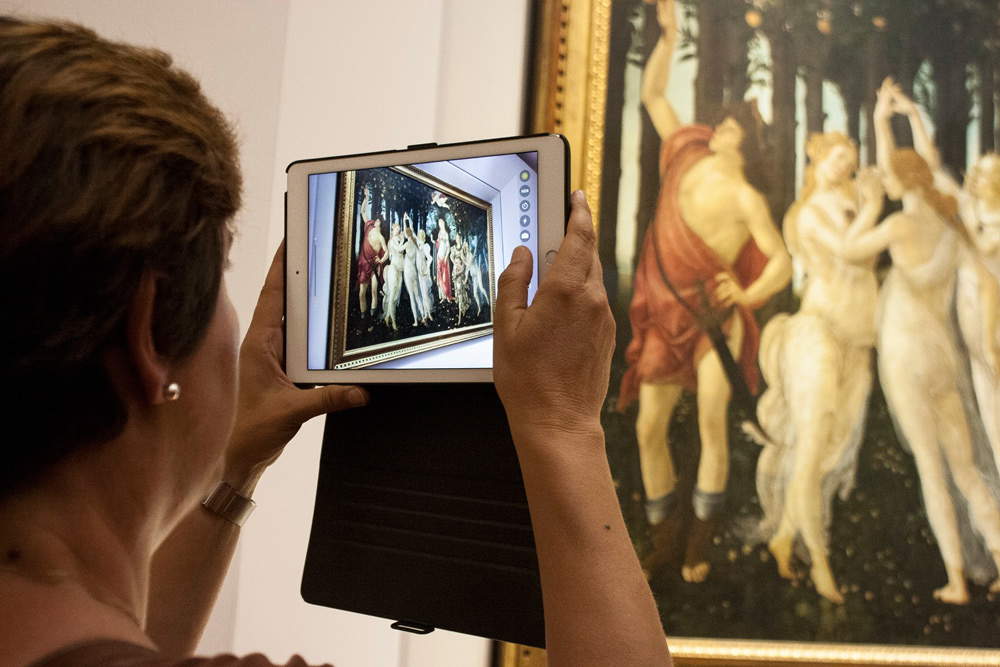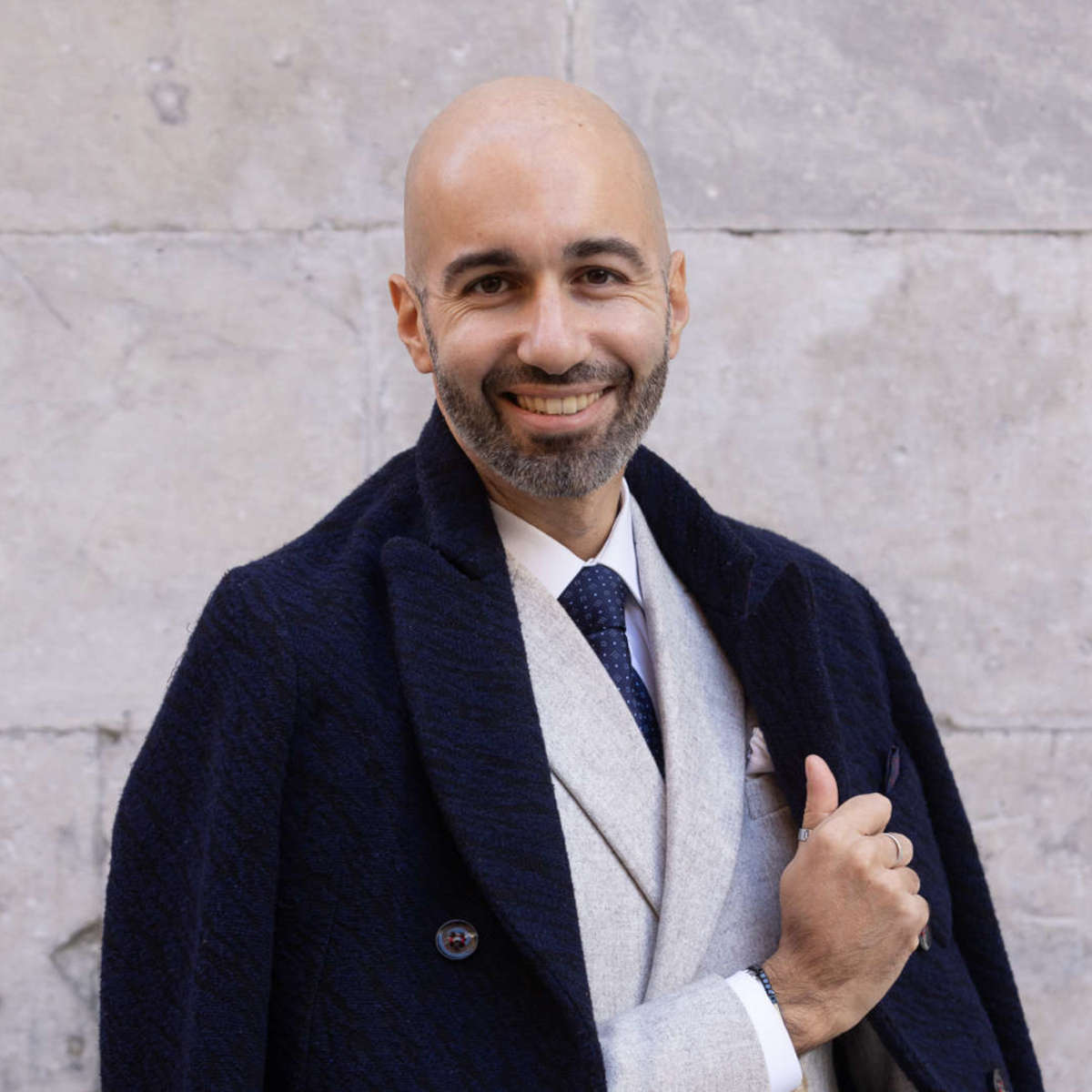The long-awaited announcement, already foreseeable for a few weeks, has finally arrived: free Sundays in state museums will be abolished. This was said yesterday by the Minister of Cultural Heritage, Alberto Bonisoli, however, specifying that it will not be a total cancellation: directors will be given the power to decide whether and when to reintroduce in the museums they direct, at their discretion, the facility that, in 2017, allowed three and a half million visitors to go to Italian museums without spending a single cent.
I have never hidden the fact that I disliked the initiative conceived by former minister Dario Franceschini: I always found it more demagogic than democratic. When Franceschini presented it, in 2014, he declared that with #domenicalmuseo it would make “free admission fairer, not tying it, except for the under-25s, to anachronistic age groups, which moreover no longer correspond to actual income differences.” However, it seemed to me that such a measure had nothing fair about it: those who could not afford to pay a ticket to enter the museum were in fact relegated to a kind of free cage, made up (at least for the most popular museums) of long lines, queues, stress, unruly tourists. It has always seemed to me rather classist to give just one free day a month, and in the midst of chaos to boot, to those who see the expense of museum admission as a heavy burden on the family budget, and force them to pay for the rest of the month. This is not how inclusiveness should work: it is deeply unfair that those who cannot afford the cost of a museum ticket can only go there once a month, and moreover in often chaotic situations.
However, at the same time, Minister Bonisoli’s statement, as delivered, certainly does not solve the problem. Our heritage does not need announcements: it needs serious, deep, forward-looking projects that can be born out of dialogue. It is true that when the minister had somehow announced the abolition last July 11, his words had seemed rather sibylline, but it is also true that the attention had been really low, and no one had bothered to open a window with the minister to reason about the future of free admission in state museums, or at least to suggest some ideas for a discussion. The fact is that, now, the announcement is here.
 |
| Giacomo Zaganelli, Grand Tourismo (2018), project shot on an ordinary opening Sunday at the Uffizi. |
And it came, however, in a manner and timing about which, perhaps, there was a need to be less hasty. First, because the news was given a few days before the free Sunday in August, and who knows if the torrid temperatures of these days will be enough to curb the presumable assault that visitors will give to museums to secure what will probably be the last or penultimate indiscriminate free admission. Secondly, because leaving decision-making power to individual directors is not a strategy: rather, it would be a case of thinking about a common direction. And this common direction should take into account the needs of all museum visitors: those who cannot afford to pay the ticket price, those who cannot visit during the day because they work, those who do not attend museums occasionally but return several times a month. Free Sundays had the huge flaw of thinking more about tourists and occasional visitors than about citizens and those who frequently go to museums: it is then true that #domenicalmuseo will have brought many citizens closer to the museums in their cities, but what is the point of bringing them closer if then those with low incomes (or who cannot really count on an income) or those who would like to go to the museum several times are not incentivized to return?
If, therefore, we want to make access to museums truly inclusive, if we want to make culture really belong to everyone, if we want to make it a truly universal good, we should first of all put aside the vacuous and sterile tweet chatter, the useless petitions calling for the reintroduction of a measure that will surely be cancelled, and the pernicious stadium atmosphere of the last few hours, because politics is not a clash of fans, but a way to solve problems. And a dialogue should be opened, if anything, to kick off the real revolution that our museums need to align with the rest of Europe. Abolishing free Sundays, leaving it up to the directors to decide whether or not to reintroduce them, is an initiative that, as mentioned, does not seem to be a solution. On the other hand, a project that could extend free admission on the basis of time slots and visitor types, in all museums and without letting the directors choose, is a profoundly intelligent move. It is true that Bonisoli said that “it will be possible to differentiate.” But it would have been better if the announcement of the abolition of free Sundays had been made in conjunction with the presentation of a possible differentiation package. And perhaps the recent controversy would also have been avoided.
When we think of a differentiation package, we think of that revolution we have been talking about on these pages for a long time, which would allow us to remodel the offer of our museums in a modern way. One could, in the meantime, think about making free admission permanent for those without employment, or for low-income families: free admission for those without a job is a reality in several countries (it happens at the Musée d’Orsay, the Acropolis Museum in Athens, the Museu Nacional d’Art de Catalunya), and in the United States the Museums for all program has been activated in several museums (including the Art Institute of Chicago) that extends free admission even to holders of state cards reserved for those whose family budget can only count on a small income. Many museums then provide permanent free admission toward the end of opening hours: for example, at the Louvre all under 26s always get in free on Fridays after 6 p.m., at the Picasso Museum in Barcelona everyone gets in free every Thursday from 6 to 9:30 p.m., and the same happens at MoMA in New York every Friday from 4 to 8 p.m., and at the Prado in Madrid even every day (Monday through Saturday from 6 to 8 p.m., and Sundays and holidays from 5 to 7 p.m.). And it would be really splendid, as Giacomo Montanari suggests today from the columns of Il Secolo XIX, to spend “two free hours a day to get to know the masters as happens at the Prado.”
It is precisely through the opening hours that the revolution should go through: it is hard to understand why many museums have to close their doors at 7 p.m., taking away the opportunity for those who work office hours to visit them during the week. In this sense, it would be nice if museums reasoned with the logic of cinemas: evening openings always, and not as extraordinary occasions. To get there, however, a shift in mentality is needed, thinking of the museum visitor not only as the tourist or student, but also as the working citizen who wants to experience his or her city. And again: let’s think about extending the validity of the ticket (especially for large museums: a ticket could last several days, giving the visitor the possibility of returning even after a long time, as happens at the Museu Frederic Marès in Barcelona, whose ticket allows a second visit free of charge within six months from the date of issue), on subscriptions, which are already a reality in several regions of Italy (in Piedmont, the pioneering Abbonamento Musei allows unlimited access to more than two hundred and fifty museums for an annual expense of 52 euros), on conventions with other cultural venues. And then it would be interesting to invest in communication to present the museum experience in a fresh and new light.
In other words, let’s reason to evolve Free Sunday into something that really promotes integration, inclusion, and the development of a sense of citizenship. Museums, with initiatives similar to those listed above, could also become centers of aggregation, places where people can meet, or take a short walk, quietly discovering a different masterpiece each time. Just think how nice it would be to meet in front of one’s city museum, after work or after studying, for a short visit, to be concluded perhaps with an aperitif at the museum cafeteria. A dream? It could become a reality if we begin to discuss our institutions by overcoming divisions and with a view to putting ourselves at the service of those who visit them.

The author of this article: Federico Giannini
Nato a Massa nel 1986, si è laureato nel 2010 in Informatica Umanistica all’Università di Pisa. Nel 2009 ha iniziato a lavorare nel settore della comunicazione su web, con particolare riferimento alla comunicazione per i beni culturali. Nel 2017 ha fondato con Ilaria Baratta la rivista Finestre sull’Arte. Dalla fondazione è direttore responsabile della rivista. Nel 2025 ha scritto il libro Vero, Falso, Fake. Credenze, errori e falsità nel mondo dell'arte (Giunti editore). Collabora e ha collaborato con diverse riviste, tra cui Art e Dossier e Left, e per la televisione è stato autore del documentario Le mani dell’arte (Rai 5) ed è stato tra i presentatori del programma Dorian – L’arte non invecchia (Rai 5). Al suo attivo anche docenze in materia di giornalismo culturale all'Università di Genova e all'Ordine dei Giornalisti, inoltre partecipa regolarmente come relatore e moderatore su temi di arte e cultura a numerosi convegni (tra gli altri: Lu.Bec. Lucca Beni Culturali, Ro.Me Exhibition, Con-Vivere Festival, TTG Travel Experience).
Warning: the translation into English of the original Italian article was created using automatic tools. We undertake to review all articles, but we do not guarantee the total absence of inaccuracies in the translation due to the program. You can find the original by clicking on the ITA button. If you find any mistake,please contact us.